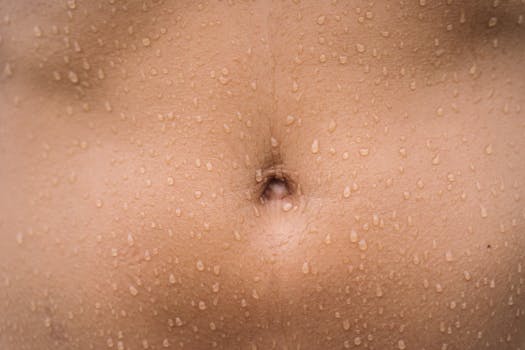How to Prevent Dehydration During Training: Tips and Methods to Stay Hydrated
Dehydration is a common concern for athletes and fitness enthusiasts alike. It can lead to decreased performance, fatigue, and even serious health issues. Understanding how to stay hydrated during training is crucial for anyone looking to optimize their workouts and maintain overall health. This article will explore effective strategies to prevent dehydration, backed by research and expert recommendations.
The Importance of Hydration in Training
Water is essential for numerous bodily functions, including temperature regulation, joint lubrication, and nutrient transport. During physical activity, the body loses water through sweat and respiration, making it vital to replenish fluids to maintain performance and health.
According to the American Council on Exercise, losing just 2% of your body weight in fluids can impair performance. For example, a 160-pound athlete could experience performance declines after losing just 3.2 pounds of water. This statistic underscores the importance of staying hydrated, especially during intense training sessions.
Signs of Dehydration
Recognizing the signs of dehydration is the first step in prevention. Common symptoms include:
- Thirst
- Dry mouth and throat
- Fatigue or weakness
- Dizziness or lightheadedness
- Dark yellow urine
If you experience any of these symptoms, it’s crucial to take immediate action to rehydrate.
Pre-Training Hydration Strategies
Preparing your body for training starts long before you hit the gym or the track. Here are some effective pre-training hydration strategies:
- Drink Water Regularly: Aim to drink at least 8-10 cups of water daily, increasing this amount on days when you train.
- Monitor Urine Color: A light yellow color indicates proper hydration, while dark yellow suggests dehydration.
- Consume Electrolytes: Consider drinks that contain electrolytes, especially if you’re training for extended periods or in hot conditions.
Hydration During Training
Staying hydrated during your workout is just as important as pre-training hydration. Here are some tips to ensure you maintain optimal hydration levels:
- Drink Before You Feel Thirsty: Don’t wait until you’re thirsty to drink. Aim to sip water regularly throughout your training session.
- Use a Hydration Plan: For workouts lasting longer than an hour, consider a hydration plan that includes water and electrolyte-rich beverages.
- Set Reminders: Use a watch or phone app to remind you to drink at regular intervals.
Post-Training Hydration
Rehydrating after your workout is crucial for recovery. Here are some effective post-training hydration methods:
- Replenish Fluids: Drink at least 16-24 ounces of water for every pound lost during training.
- Incorporate Electrolytes: Consuming sports drinks or electrolyte tablets can help restore lost minerals.
- Eat Hydrating Foods: Foods like watermelon, cucumbers, and oranges can contribute to your overall fluid intake.
Case Studies and Research Insights
Research has shown that proper hydration can significantly enhance athletic performance. A study published in the Journal of Sports Sciences found that athletes who maintained optimal hydration levels improved their endurance by up to 20%. Another study indicated that even mild dehydration could lead to a 10% decrease in strength and power output.
These findings highlight the importance of not only drinking water but also understanding the body’s hydration needs based on the intensity and duration of the training.
Conclusion
Preventing dehydration during training is essential for maximizing performance and ensuring overall health. By implementing effective hydration strategies before, during, and after workouts, athletes can maintain optimal fluid levels and enhance their training outcomes. Remember to listen to your body, monitor your hydration status, and adjust your fluid intake based on your activity level and environmental conditions.
In summary, staying hydrated is not just about drinking water; it involves a comprehensive approach that includes understanding your body’s needs, recognizing the signs of dehydration, and employing effective hydration strategies. By prioritizing hydration, you can ensure that your training sessions are not only effective but also safe.
